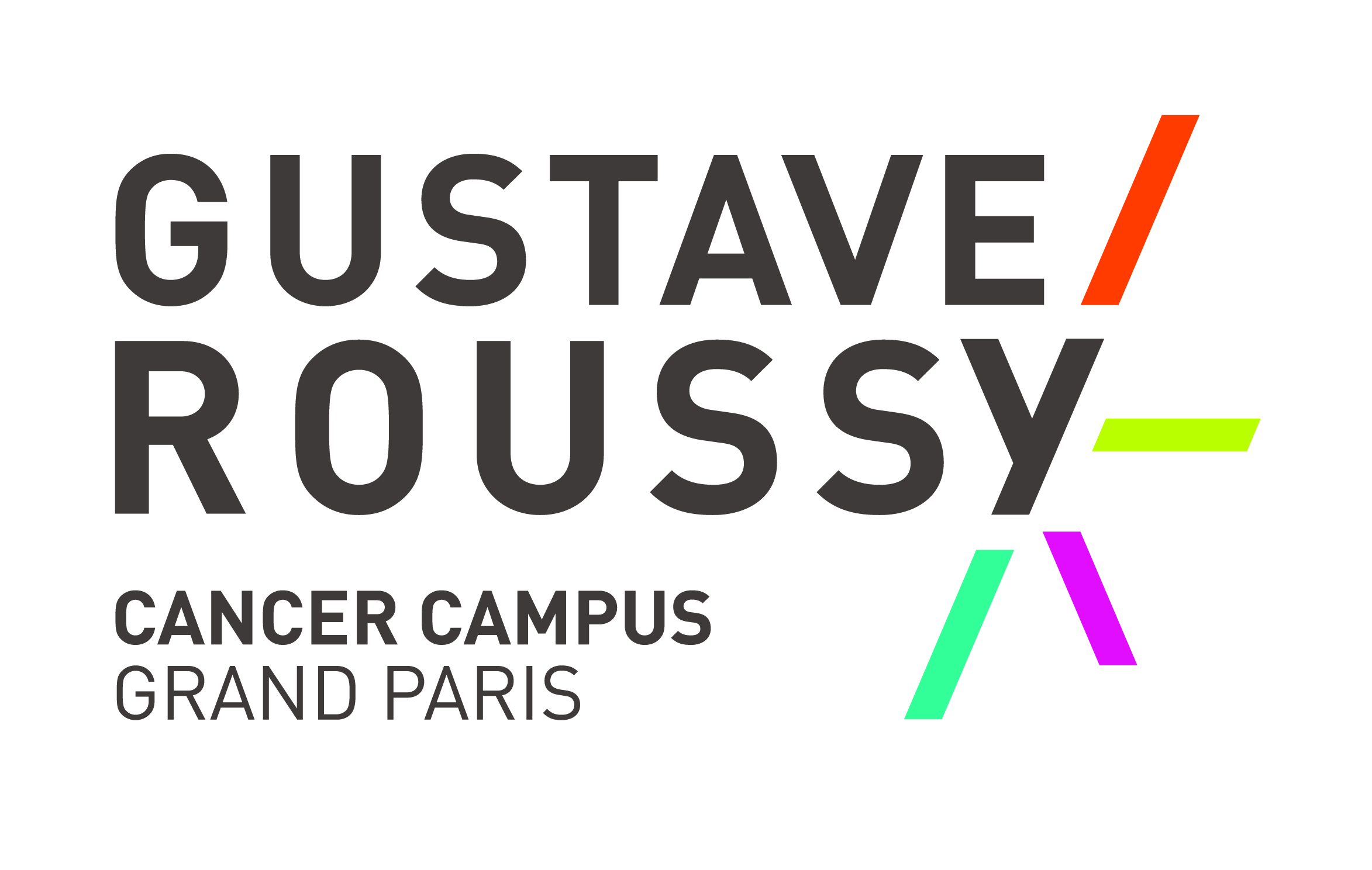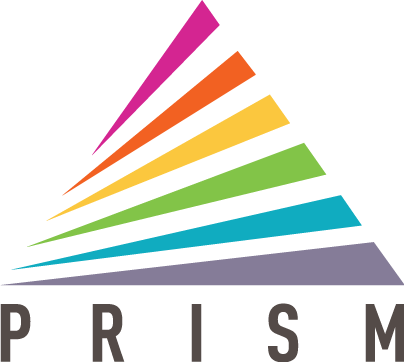In some patients, fragments of tumour DNA may remain in the bloodstream after treatment, even when no visible signs are detectable via imaging. This minimal residual disease (MRD) is an early indicator of relapse risk. Previous studies have shown that MRD-positive patients have a significantly higher risk of recurrence than MRD-negative patients.
Thanks to recent advances in molecular biology, it is now possible to detect MRD with a simple blood test. This approach paves the way for tailored medical follow-up and the introduction of pre-emptive treatments, before any clinical relapse occurs.
Gustave Roussy has selected Veracyte’s MRD testing platform for the UMBRELLA trial. The platform combines whole-genome sequencing and artificial intelligence (AI) to establish a molecular profile for each patient’s tumor. It then evaluates the whole genome in subsequent blood samples to detect that same profile, indicating the presence of cancer, whose progression can be tracked over time. The testing approach is CE-marked in the European Union.
A pragmatic study aiming to change a paradigm
The UMBRELLA trial assesses two post-treatment strategies based on the MRD status of patients with non-metastatic cancers (non-small cell lung, colorectal, pancreatic, and soft tissue sarcomas):
- For MRD-positive patients, the study tests the benefit of pre-emptive immunotherapy (tislelizumab) versus placebo, alongside standard medical follow-up (imaging and clinical examination every 3 to 6 months). The primary aim is to evaluate the treatment’s effect on disease-free survival.
- For MRD-negative patients, considered low-risk, UMBRELLA explores the possibility of a reduced follow-up (every 6 months, then annually), to limit unnecessary consultations and tests without compromising patient outcomes.
Spanning four years, UMBRELLA is a randomised, double-blind, multicentre trial aiming to enrol over 700 patients across 10 to 11 centres in France. The trial is sponsored by Gustave Roussy and coordinated by Professor Antoine Italiano, Head of the Institute’s Precision Medicine Programme.
UMBRELLA also involves public–private collaborations with Integragen, responsible for molecular analyses, and BeiGene, supplier of tislelizumab.
UMBRELLA’s pragmatic and inclusive approach allows the enrolment of any adult patient with one of the targeted indications, who has never received immunotherapy and has completed curative treatment within the last 3 to 4.5 months.
A new era in post-cancer monitoring
UMBRELLA is not merely assessing a new treatment; it challenges the very structure of cancer follow-up by introducing, for the first time, a biological stratification approach based on MRD. The study could pave the way for a more preventive, precision-driven, and less burdensome oncology.
“UMBRELLA represents a major shift towards a more refined, targeted, and humane approach to oncology,” says Professor Antoine Italiano. “Thanks to molecular biology, we now have the tools to tailor follow-up and treatment to each patient’s biological profile, intervening at the right time, for the right people.”
Umbrella trial : N° EU-CT : 2023-503316-33-00 et N° Clinicaltrials.gov : NCT06332274.

